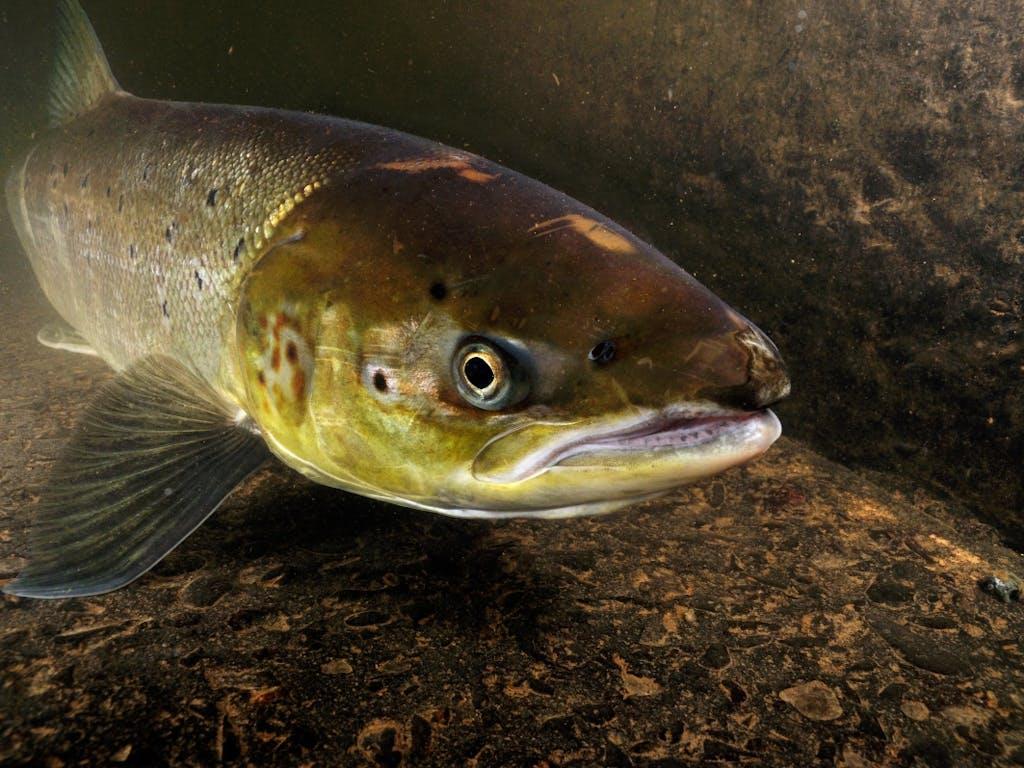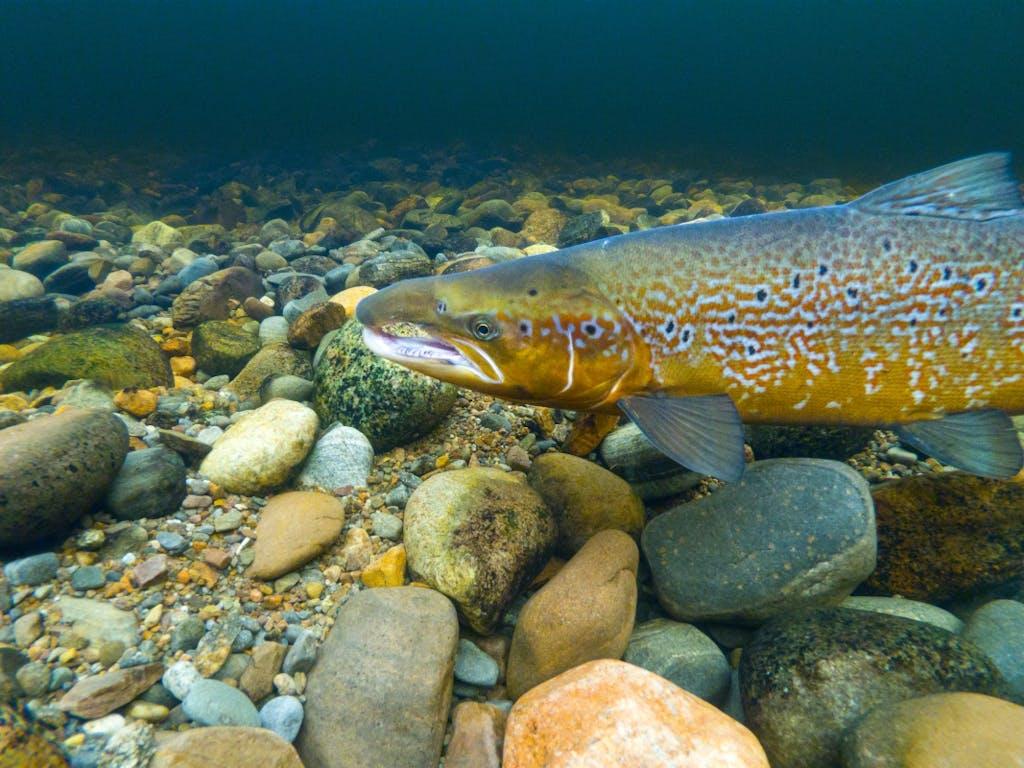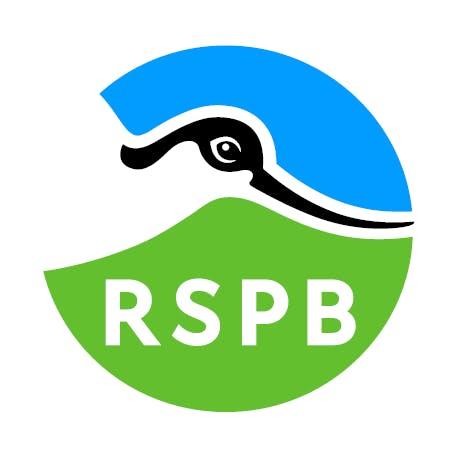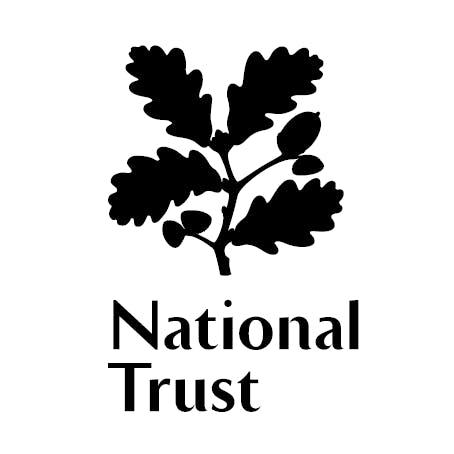Atlantic salmon
Astonishing journeys of a transforming yet precious fish
Our wild isles are a European stronghold for Atlantic salmon, but in 2022 only a quarter of our rivers held sustainable salmon populations – a record low. If we don’t act now to protect our rivers, we risk losing these fish from our isles altogether.


Epic travellers
Atlantic salmon live extraordinary lives. For up to four years, they stay in cold, fast-flowing streams that provide all they need. Then, called by a strong urge to swim in the salt waters of the Atlantic, their bodies start to transform and they head downstream to feed, grow and follow uncharted pathways.
From tiny fry, these ‘king of fish’ grow to around a metre long and will weigh about 32kg as adults. A second epic migration sees them swim thousands of miles to the very place they hatched. They change again to attract a mate, turning red or green from silver-blue, growing humps. The males' lower jaws extend and they develop sharp teeth.


Dangerous journeys
Transformed and focussed, the salmon travel miles upstream, leaping waterfalls and letting nothing stand in their way. Or almost nothing.
Human activity is threatening this species, from the manmade barriers now preventing many salmon from reaching their spawning grounds to the water pollution from agriculture choking the rivers they swim up. Even if they make it and lay their eggs, climate change could soon make the waters of their peaceful streams and tributaries too warm for those eggs to survive.
Salmon are in danger, but there’s a lot we can do to help. We can adopt nature-friendly farming practices to stop pollution, and build dams and weirs with wildlife in mind, allowing salmon as well as eels, trout and other wildlife to travel safely through our waterways. And we can unite against the climate crisis to give salmon a future across the UK.
Atlantic salmon in numbers
¼
UK rivers with viable salmon population in 2022
3m+
height salmon can jump from water!
13 years
oldest recorded age of a salmon
Want to know more?
Discover more about where salmon live, the threats they face, and some stories of hope that show we can preserve nature if we take action.










